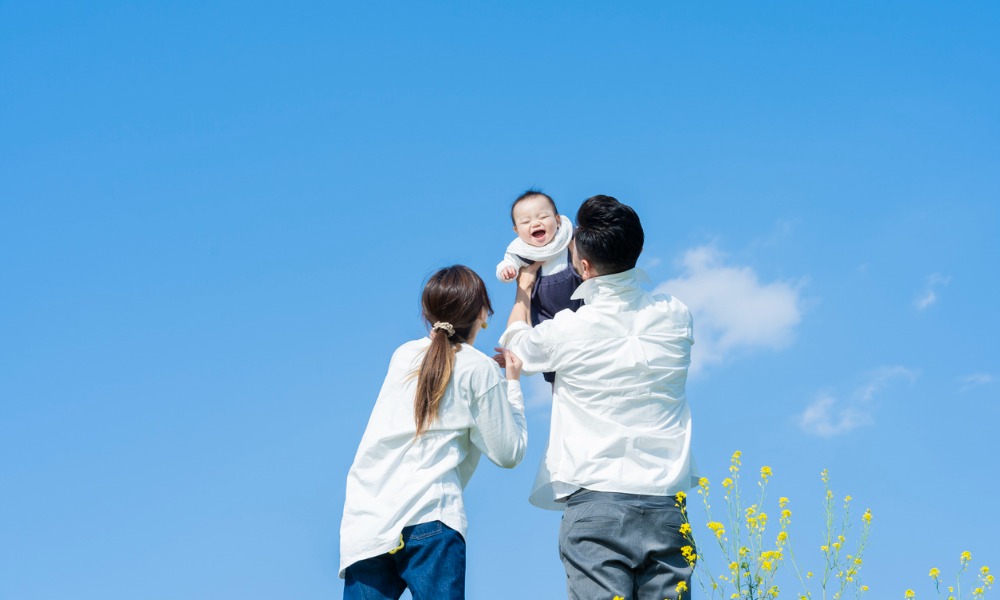A UNICEF poll reveals Canada's parental leave system favours educated parents, leaving many without access

Canada's parental leave system remains inequitable, favouring educated parents with secure jobs and excluding those whose children would benefit most from adequately paid, protected time off.
A UNICEF Canada-Léger poll, released for UNICEF's Parenting Month, shows one in three newborns in Canada has a parent unable to access parental leave.
Parents of children under six who hold university degrees, are employed, married or in common-law relationships, and do not identify as visible minorities are more likely to qualify for paid parental leave.
Yet, 77 percent of Canadians mistakenly believe that all parents of newborns receive paid parental leave.
“It's time to rethink parental leave in Canada. This needs to be considered more than a parental or worker benefit and rather a child's right,” said Sevaun Palvetzian, president and CEO of UNICEF Canada.
“Every infant in this country should have the opportunity for the best possible start in life, which includes having time with parents with an adequate income during the most critical stage in their development.”
The poll reveals that 91 percent of Canadians agree it is crucial for every newborn to have a caregiver with time and income support for at least six months after birth. Moreover, 81 percent believe all parents, regardless of family structure, should receive parental leave benefits.
However, only 42 percent think current policies meet Canadian families' needs. Among parents with children under six, 48 percent find the leave time adequate for caregiving, while only 38 percent consider the leave pay sufficient for their family’s needs.
Nearly all respondents (95 percent) recognize the benefits of parental leave for both caregivers and care recipients.
UNICEF research underscores the significant benefits of parental leave, such as economic stability and parent-child bonding, which promote child health and development.
Parental leave also enhances food security and reduces preterm births, infant mortality, family violence, and poverty—areas where Canada needs improvement to provide children with the best start.
“If we don't invest in the first 1,000 days of a child's life, they risk falling behind long before entering school. It is critical that every parent and caregiver receives the support necessary to provide their children with the foundational building blocks in their early years to reach their full potential,” added Palvetzian.
UNICEF Canada advocates for at least six months of adequately paid, protected time with a parent or caregiver for every newborn and adopted child in Canada and calls for increased parental leave pay to meet international standards.



